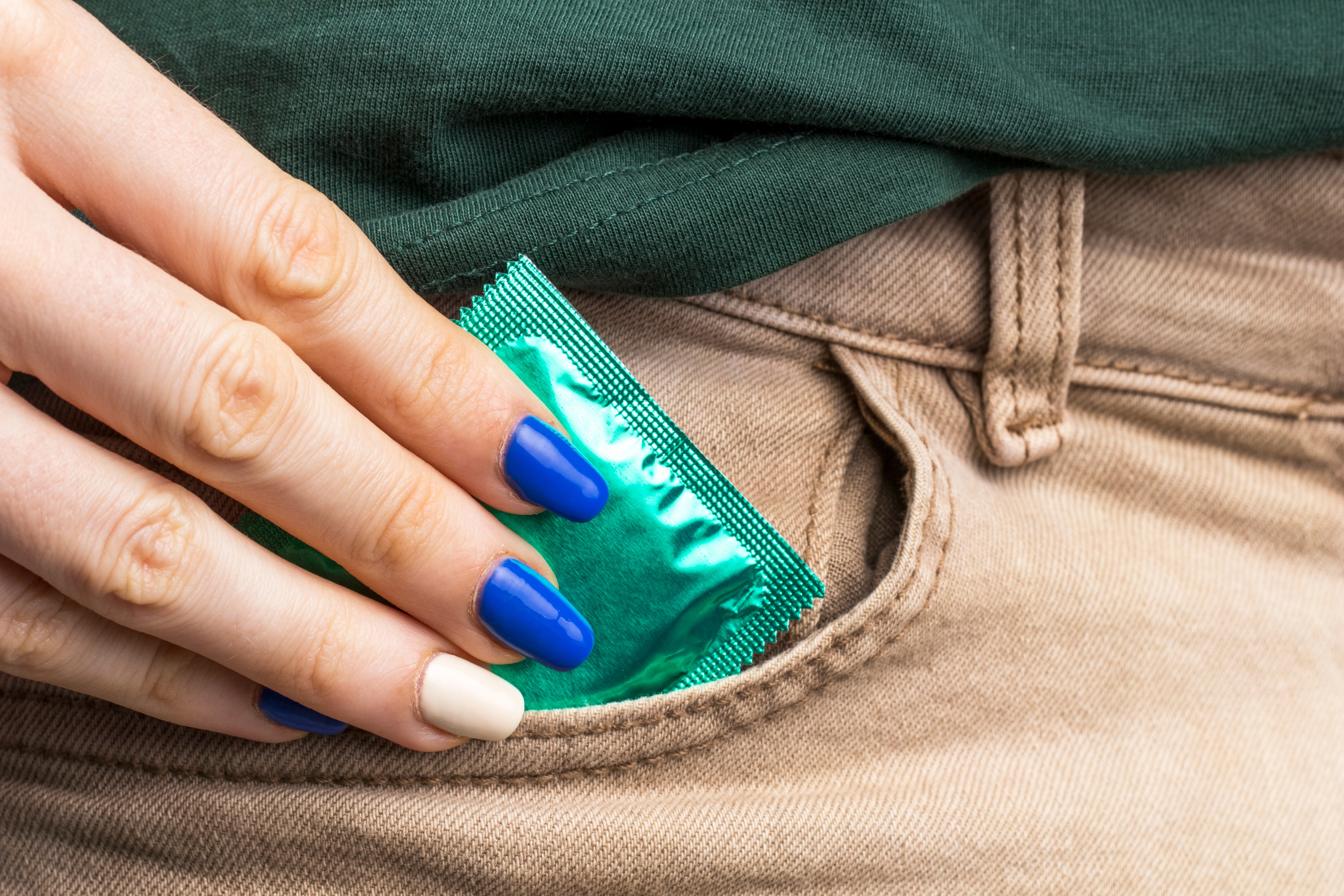Personal lubricants enhance comfort and pleasure during intimacy, but not all lubes are created equal. Some contain ingredients that may cause irritation, infections, or other health concerns.
Choosing the right lubricant involves knowing what to avoid to protect your intimate health.
In this article, we will discuss the three lube ingredients to avoid in your personal lubricant, why they can be harmful, and how to choose a safer alternative.
1. Glycerine in lubricants
Glycerin is a common ingredient in water-based lubricants due to its humectant properties, meaning it helps retain moisture. However, it may not be ideal for everyone, especially those prone to yeast infections.
Why avoid it?
- Glycerin-based lubes can create a sugary environment that promotes yeast growth, increasing the risk of infections
- It may cause irritation or discomfort for individuals with sensitive skin
- Prolonged use can lead to vaginal dryness rather than long-lasting hydration
If you experience recurrent infections, consider switching to a glycerin-free water-based or silicone-based lubricant.
2. Parabens
Parabens are synthetic preservatives found in many personal care products, including lubricants. They prevent bacterial growth, but their potential health risks make them a controversial ingredient.
Why avoid it?
- Parabens have been linked to hormone disruption, potentially affecting reproductive health
- Some studies suggest a possible connection between parabens and an increased risk of certain cancers
- They may trigger allergic reactions or skin sensitivities in some users
To avoid exposure, look for paraben-free lubes that use natural preservatives instead.
3. Petroleum-Based Ingredients
Petroleum-based ingredients, such as mineral oil and petroleum jelly, are sometimes used in lubricants. While they provide a slick texture, they are not recommended for intimate use.
Why avoid it?
- Petroleum-based lubes are not compatible with latex condoms, increasing the risk of breakage
- They can disrupt the natural vaginal pH, leading to infections and irritation
- These ingredients take longer to break down in the body, potentially causing residue buildup
Opt for water-based or silicone-based lubricants instead, as they are safer and more compatible with condoms.
Choosing a safe lubricant
When selecting a personal lubricant, always check the ingredient list to ensure it is free from glycerin, parabens, and petroleum-based substances. Consider water-based or silicone-based options that are body-safe and designed for long-lasting comfort.
By making informed choices, you can enhance your intimate experiences without compromising your health.
